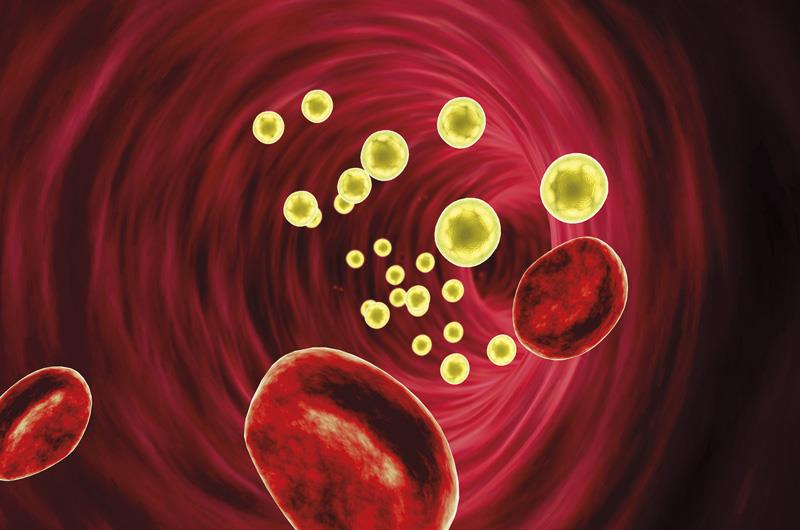
The addition of evolocumab to high-intensity statin therapy is both well tolerated and effective in significantly reducing low-density lipoprotein cholesterol (LDL-C) levels in patients hospitalized for acute coronary syndromes (ACS), allowing most of them to achieve current recommended target levels, a study has shown.
In this randomized, double-blind, placebo-controlled trial, the investigators analysed 308 patients hospitalized for ACS with elevated LDL-C levels (≥1.8 mmol/l on high-intensity statin for at least 4 weeks; ≥2.3 mmol/l on low- or moderate-intensity statin; or ≥3.2 mmol/l on no stable dose of statin). They randomized patients 1:1 to receive either subcutaneous evolocumab 420 mg or matching placebo, administered in-hospital and after 4 weeks, in addition to atorvastatin 40 mg.
The percentage change in calculated LDL-C from baseline to 8 weeks was the primary endpoint.
Of the patients, majority (78.2 percent) had not received statin treatment. At week 8, mean LDL-C levels decreased from 3.61 to 0.79 mmol/l in the evolocumab group and from 3.42 to 2.06 mmol/l in the placebo group, with a –40.7-percent (95 percent confidence interval, –45.2 to –36.2; p<0.001) difference in mean percentage change from baseline.
Significantly more patients in the evolocumab group compared with the placebo group achieved LDL-C levels <1.8 mmol/l at week 8 (95.7 percent vs 37.6 percent). Moreover, adverse events and centrally adjudicated cardiovascular events were comparable in both treatment arms.
Current guidelines recommend in-hospital initiation of high-intensity statin therapy in patients with ACS, but LDL-C target levels are usually not reached, according to the investigators.
Evolocumab is a rapidly acting and potent LDL-C–lowering drug.